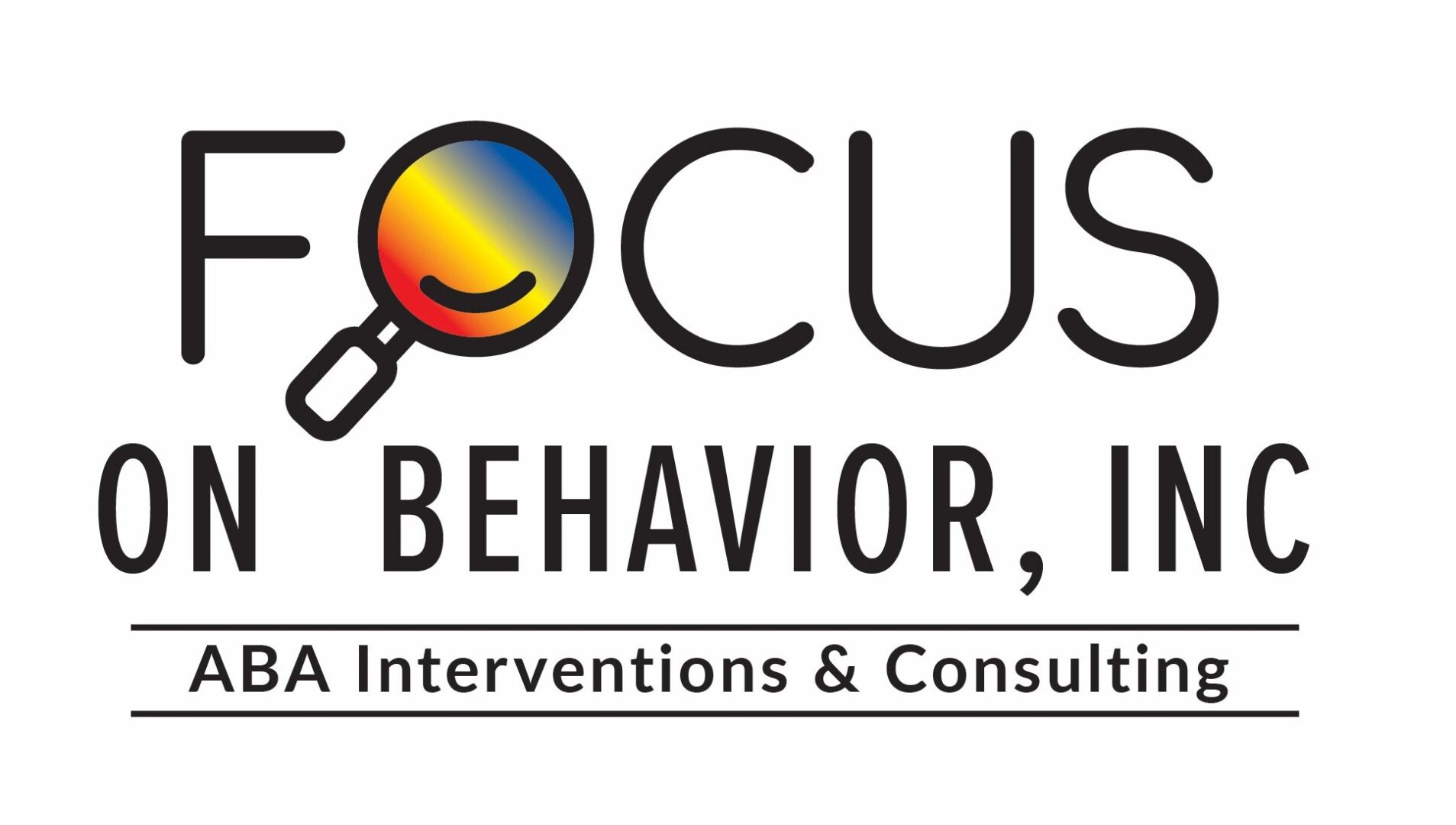Frequently Asked Questions
At Focus on Behavior, Inc, we want you to be as informed as possible when making a decision about who you choose to work with your child. Below are some of the most common questions we are asked with regard to our services, insurance, our methods, and goals.
While we are primarily a clinic-based practice, as a part of our comprehensive programming, we may provide services wherever the client needs us. This may mean including sessions in the home, at school, in the community, or in a child-care setting.
Yes, we are able to accept most private insurance, including Blue Cross Blue Shield, Tricare, United, and more. Feel free to contact us, and we can help you to determine if your insurance includes the benefits of our services.
Each insurance company has its own requirements in this regard, and we are happy to help you obtain this information. However, for private payers, we do not require a referral or diagnosis. We do not simply treat a diagnosis. We address behaviors that you can see and measure, either behaviors that occur too frequently or behaviors (skills) that are not occurring frequently enough.
Applied behavior analysis (ABA) individualizes research-based procedures to suit the needs of each person.
Anyone can “do” ABA once properly trained and monitored by a behavior analyst (see below). Using the principles of ABA involves the use of ongoing observations of progress (data) and also planning for maintaining and generalizing skills.
A Board Certified Behavior Analyst (BCBA) should provide ABA services; BCBAs often train and oversee the direct implementation of ABA by Board Certified Assistant Behavior Analysts (BCaBA) or behavior therapists.
A behavior therapist is an individual who has been trained by the BCBA to use the research-based methods of ABA. A behavior therapist should always be supervised by a BCBA.
The goals of ABA are determined on an individual level and focus on behaviors that are significant to the learner. This may involve undesirable behaviors that need to be reduced or eliminated or desirable behaviors that need to be taught. A range of skills may be targeted, including communication, daily living skills, academics, and social skills. The behavior team working with the child assesses what is important for the child to learn and designs an individual treatment plan with measurable goals.
Applied behavior analysis (ABA) has been shown through hundreds of scientific studies to be the most effective approach for teaching individuals with autism and related disabilities. However, ABA is not only a treatment for autism. Studies have shown the effectiveness of ABA with a variety of populations.
